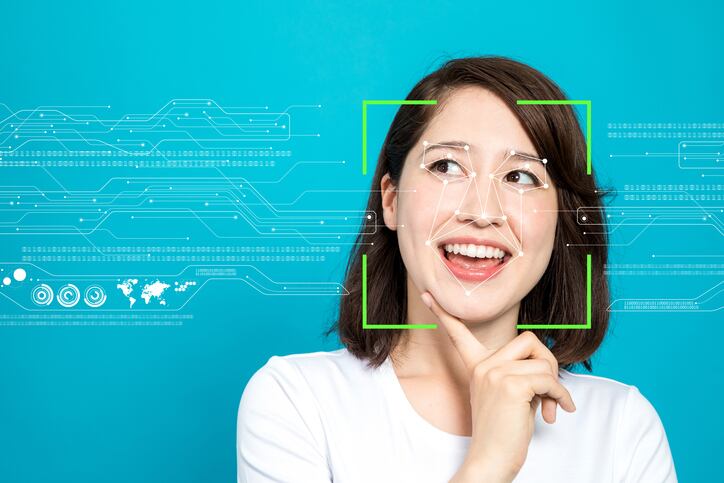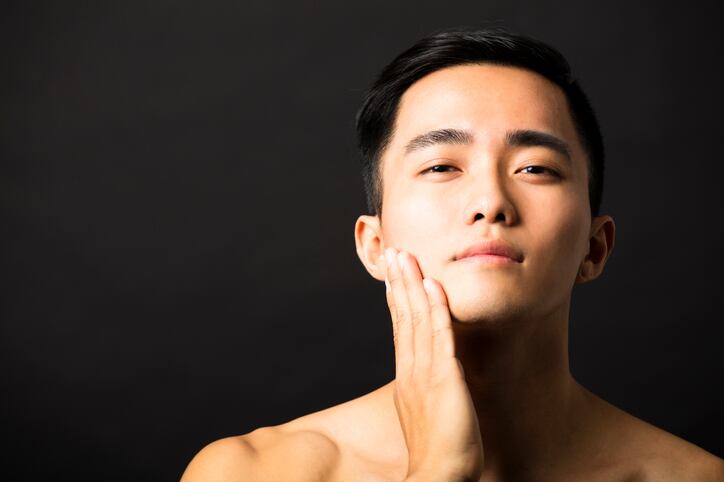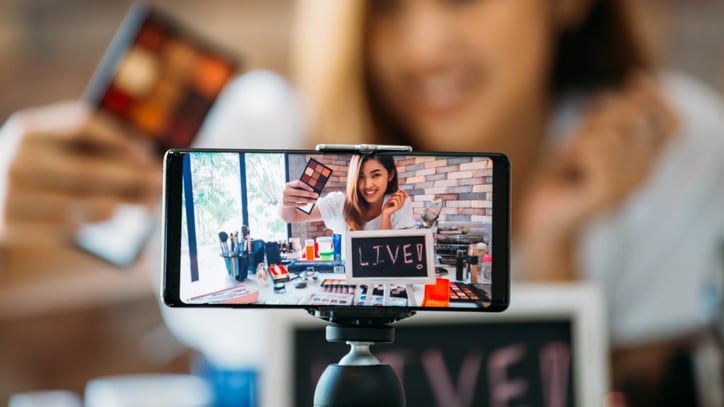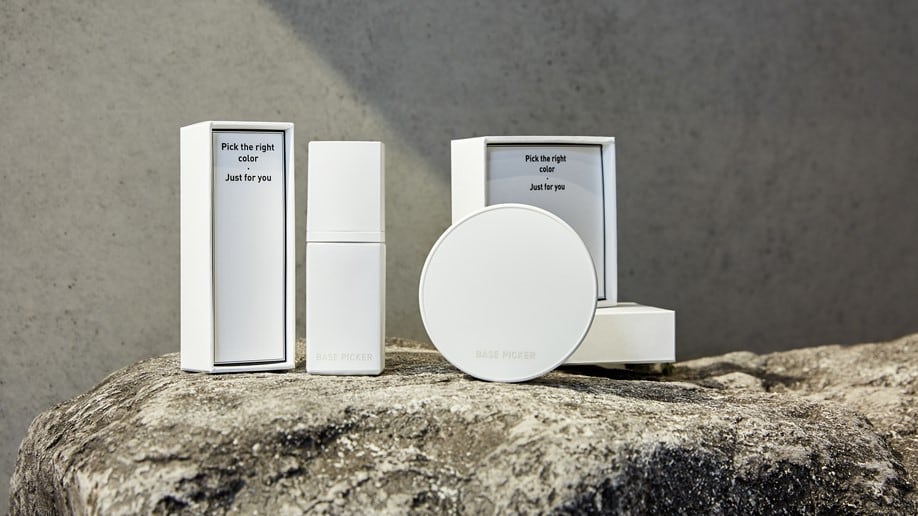The beauty industry has continued to see new brands emerging onto the market, even in the midst of the global COVID-19 pandemic.
However, with beauty shifting towards more tech-focused innovation, Rohan Widdison, CEO of manufacturer New Laboratories, questions how many new brands will be able to cut through the noise and make a name for themselves.
“Everybody wants to be in this space because they think: this is how I’m going to make money. But it’s such a crowded space that sometimes I wonder where some of them are genuinely going as a brand. You’re going to have to create the electric car version of cosmetics… if not you’re not going to be any better off in 20 years.”
With the pandemic, technology has enabled the industry to rise to the challenge and accelerated the development of beauty tech greatly.
Widdison expects to see the growing breed of companies using technology to lead the industry, highlighting personalised beauty brands such as Function of Beauty and My AlpStory, which utilise machine learning and robotic systems.
“This is where consumers can really benefit from technology. I think the days when we would just go to a store or online to get a moisturiser are past. It’s about being really specific and if you get something that works for the client on that level, then they're going to be a loyal customer.
“This is also a bit of a warning to the major brands that are still wedded to department stores and duty-free models where they are expecting people to walk through and pick things up.”
Last December, Function of Beauty announced that it has received a $150m strategic investment from L Catterton, the largest consumer-focused private equity firm in the world, to accelerate growth.
“Technology is a sales pitch as well. Suddenly, these brands have become a tech company, no longer a cosmetics company. If you want to get investment to build that brand, that’s how you’re going to do it – you’re not going to go old economy,” said Widdison.
The personalised beauty sector is expected to evolve with the rapid development of artificial intelligence-powered skin analysis technology,
“With skin analysis, that's amazing knowledge. Now you can recommend your customer a range of 20 products. So why not be in a situation where you can recommend your range of one million products by having an infinite number of combinations that are going to suit that customer,” said Widdison.
Future of beauty
For cosmetic manufacturers like New Laboratories, more focus on personalised beauty products and beauty tech is a welcomed development.
“For us it’s fantastic. We will move away from the typical customer that would start with anywhere from one to six products. The ones that win are the ones who have the most money to spend on Instagram or Facebook. So, we make the products, we make money – but we can only sell them one to six products,” said Widdison.
He added that working with personalised beauty brands was like a “long-term insurance policy” for the company.
“For us, we get to grow with a technology company – we like the future of that. The benefits are really going to come from the long-term focus on that.”
To keep up with the trends, the company has invested in robotics, which it believes is the future of the industry.
“We're working with a client at the moment to develop online technology and then back that up with the robotics on the back end. We love robotics here; we see it as the future.”





